In the fast-paced world of modern gaming, it’s easy to become enthralled by the latest releases, high-definition graphics, and cutting-edge technology. However, classic games have a timeless charm and enduring appeal that should never be forgotten. These games have left an indelible mark on the gaming industry and have a special place in the hearts of players worldwide.
Pac-Man (1980): A Symbol of Arcade Glory
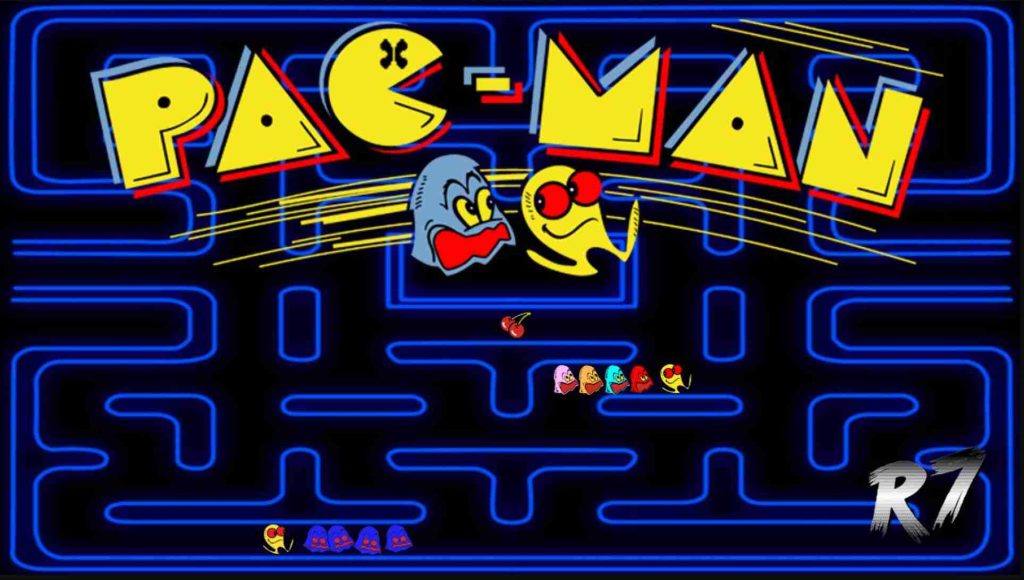
Introduction: Pac-Man, the iconic yellow circle devouring dots while dodging ghosts, stands as a testament to the golden age of arcade gaming. Developed by Namco and designed by Toru Iwatani, Pac-Man quickly became a cultural phenomenon upon its release in 1980.
Gameplay and Impact: With its straightforward yet challenging gameplay, Pac-Man captured the hearts of players worldwide. The game’s maze-like levels and quirky characters offered endless hours of entertainment, making it a staple in arcades around the globe. According to data from the International Arcade Museum, Pac-Man grossed over $2.5 billion in quarters by the end of the 20th century, solidifying its status as one of the best-selling arcade games of all time.
Legacy: Despite decades passing since its release, Pac-Man’s legacy endures. The game has been ported to numerous gaming platforms and inspired countless spin-offs and adaptations. Its influence can be seen in modern gaming, with characters like Pac-Man continuing to appear in various forms of media.
Super Mario Bros. (1985): Plumbing the Depths of Adventure

Introduction: In 1985, Nintendo introduced the world to Super Mario Bros., a groundbreaking platformer that would revolutionize the gaming industry. Created by legendary game designer Shigeru Miyamoto, Super Mario Bros. follows the adventures of Mario as he embarks on a quest to rescue Princess Peach from the clutches of the villainous Bowser.
Gameplay and Impact: Super Mario Bros. captivated players with its imaginative level design, memorable power-ups, and catchy soundtrack. The game’s precise controls and intuitive gameplay mechanics set a new standard for platformers, laying the groundwork for future titles in the genre. According to Nintendo, Super Mario Bros. has sold over 40 million copies worldwide, making it one of the best-selling video games of all time.
Legacy: The success of Super Mario Bros. spawned a multimedia franchise that includes sequels, spin-offs, and even a feature film. Mario has become a cultural icon, recognized and beloved by millions of fans around the world. The game’s influence can be felt in countless modern platformers, which continue to draw inspiration from its timeless design.
The Legend of Zelda (1986): Embarking on an Epic Adventure
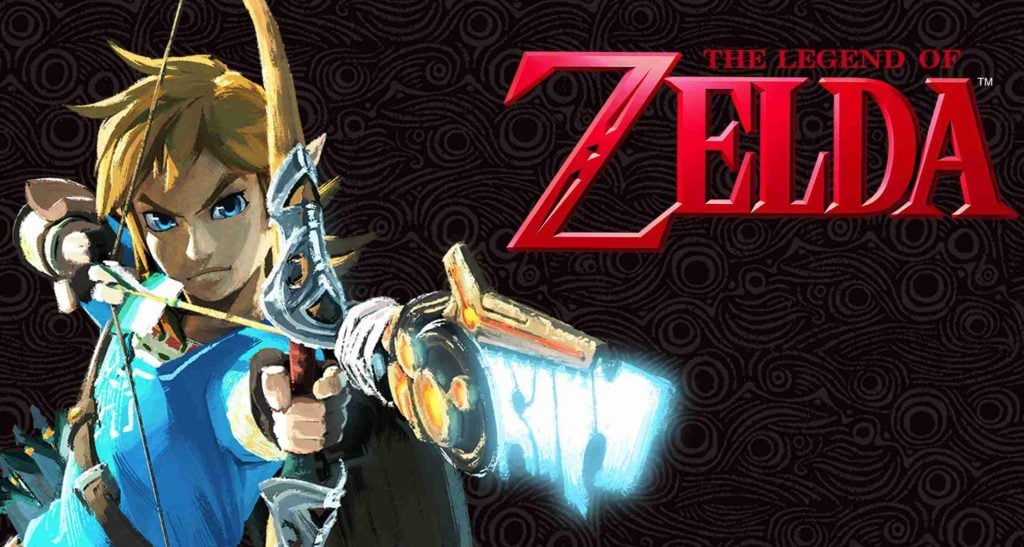
Introduction: In 1986, Nintendo introduced gamers to The Legend of Zelda, an epic adventure that would redefine the action-adventure genre. Developed by Shigeru Miyamoto and Takashi Tezuka, The Legend of Zelda follows the journey of Link as he embarks on a quest to rescue Princess Zelda and defeat the evil sorcerer Ganon.
Gameplay and Impact: The Legend of Zelda captivated players with its open-world exploration, intricate puzzles, and innovative gameplay mechanics. The game’s non-linear structure and sense of discovery set it apart from other titles of its time, offering players a truly immersive experience. According to Nintendo, The Legend of Zelda has sold over 6.5 million copies worldwide, cementing its status as one of the most beloved games in the franchise.
Legacy: The success of The Legend of Zelda paved the way for numerous sequels and spin-offs, each building upon the foundation laid by the original game. Link has become one of gaming’s most iconic heroes, inspiring generations of gamers with his courage and determination. The Legend of Zelda continues to be a cornerstone of Nintendo’s lineup, with each new installment eagerly anticipated by fans around the world.
Tetris (1984): Falling into Puzzle Perfection
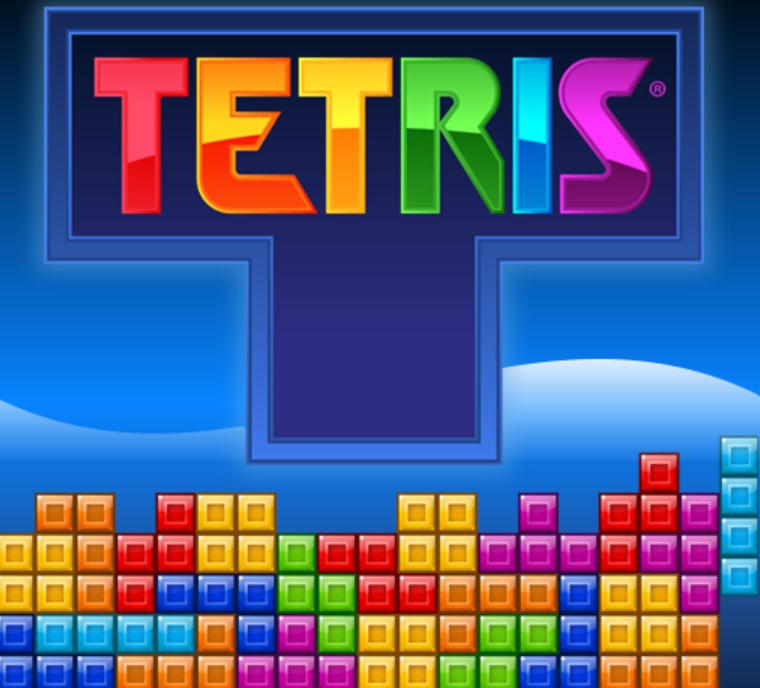
Introduction: In 1984, Soviet game designer Alexey Pajitnov created Tetris, a deceptively simple puzzle game that would take the world by storm. Originally developed for the Electronika 60 computer, Tetris challenged players to arrange falling blocks into complete lines, testing their spatial reasoning and reflexes.
Gameplay and Impact: Tetris became an instant classic thanks to its addictive gameplay and universal appeal. The game’s simple yet challenging mechanics made it accessible to players of all ages and skill levels, leading to widespread popularity across the globe. According to The Tetris Company, Tetris has sold over 500 million copies since its release, making it one of the best-selling video games of all time.
Legacy: Tetris’ influence extends far beyond the realm of gaming, with its iconic shapes and music becoming ingrained in popular culture. The game has been ported to virtually every gaming platform imaginable and continues to receive updates and adaptations to this day. Tetris remains a favorite among casual and competitive gamers alike, proving that timeless gameplay never goes out of style.
Classic Casino Slot Machines: Spinning the Reels of Fortune
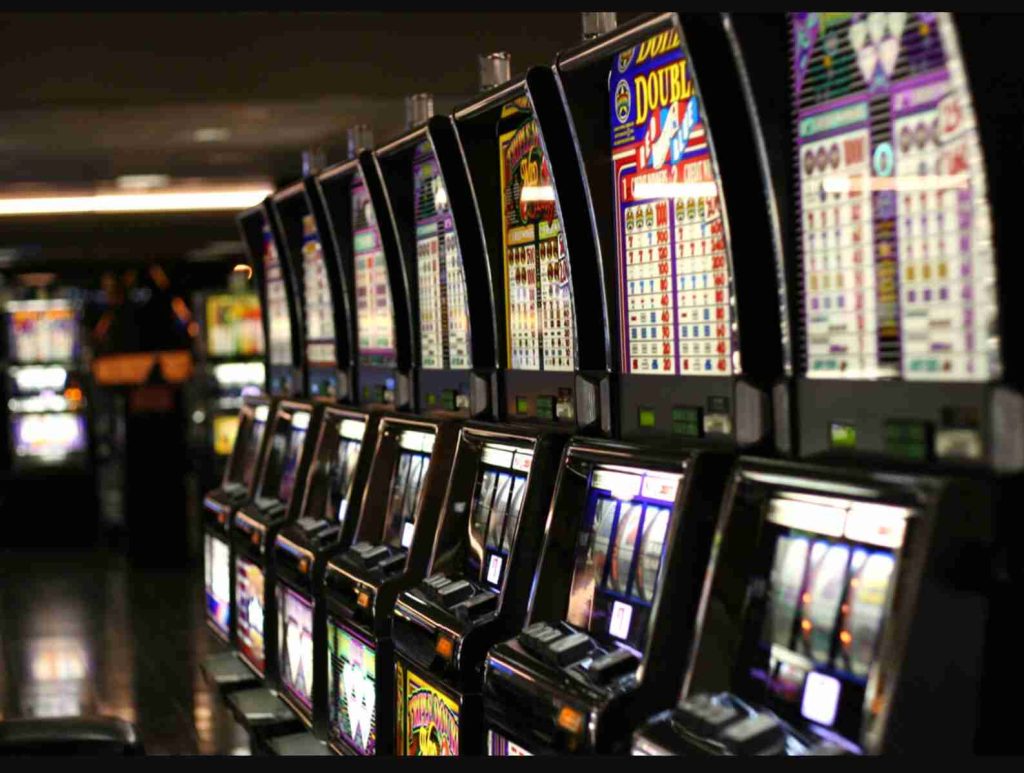
Introduction: While video games have evolved significantly over the years, classic casino slot machines remain a timeless favorite among gamblers. These mechanical marvels capture the thrill of risk and reward, offering players the chance to win big with each spin of the reels.
Gameplay and Impact: Classic slot machines feature simple gameplay mechanics, with players simply pulling a lever or pressing a button to set the reels in motion. Despite their simplicity, these games offer a sense of excitement and anticipation that keeps players coming back for more. According to the American Gaming Association, slot machines generate over $70 billion in revenue annually in the United States alone, making them the most popular form of casino gambling. Just have a look online to get a casino bonus with no deposit so that you can have more fun for your money.
Legacy: While modern casinos offer a wide range of electronic and digital games, classic slot machines continue to hold a special place in the hearts of players. Many casinos still feature vintage slot machines alongside their more modern counterparts, preserving a piece of gaming history for future generations to enjoy. Whether you’re a seasoned gambler or a casual player, there’s something undeniably nostalgic about pulling the lever and watching the reels spin.
Street Fighter II (1991): Fighting for Glory in the Arcade
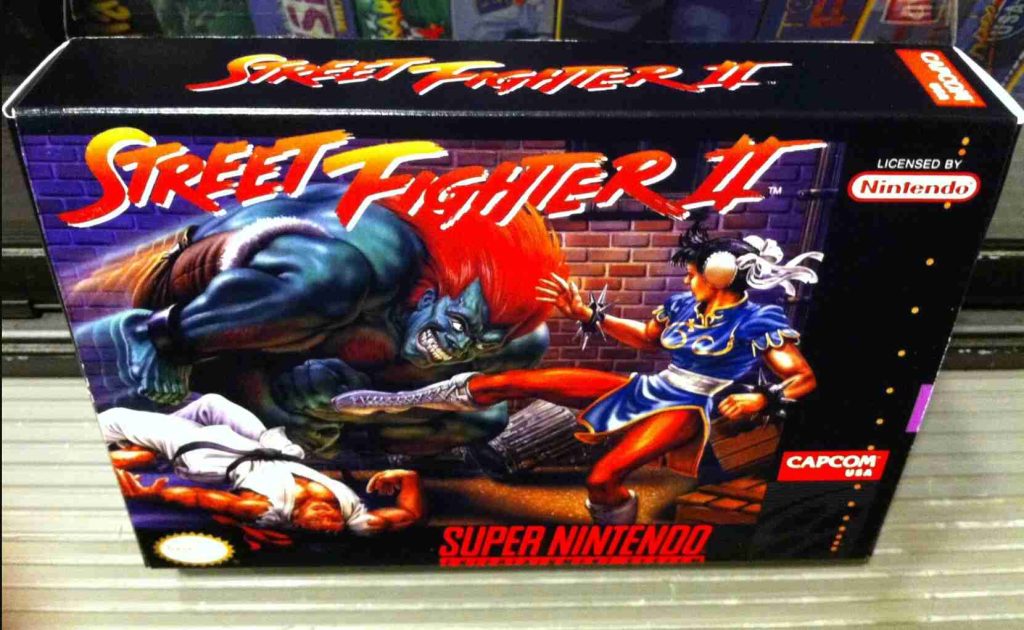
Introduction: In 1991, Capcom unleashed Street Fighter II upon the world, forever changing the landscape of fighting games. Developed by Takashi Nishiyama and Hiroshi Matsumoto, Street Fighter II introduced players to a diverse cast of characters and complex fighting mechanics that would set the standard for the genre.
Gameplay and Impact: Street Fighter II revolutionized fighting games with its innovative combo system, special moves, and competitive multiplayer modes. The game’s diverse roster of fighters, including iconic characters like Ryu, Chun-Li, and Guile, sparked intense arcade battles and laid the groundwork for the competitive gaming scene. According to Capcom, Street Fighter II has sold over 15 million copies worldwide across various platforms, making it one of the best-selling video games of all time.
Legacy: Street Fighter II’s impact on the gaming industry cannot be overstated. The game popularized the one-on-one fighting genre and inspired countless sequels, spin-offs, and imitators. Its influence can be seen in modern fighting games, which continue to draw inspiration from its iconic characters and gameplay mechanics. Street Fighter II remains a beloved classic among gamers, with tournaments and events held worldwide to celebrate its enduring legacy.
Final Fantasy VII (1997): A Role-Playing Masterpiece
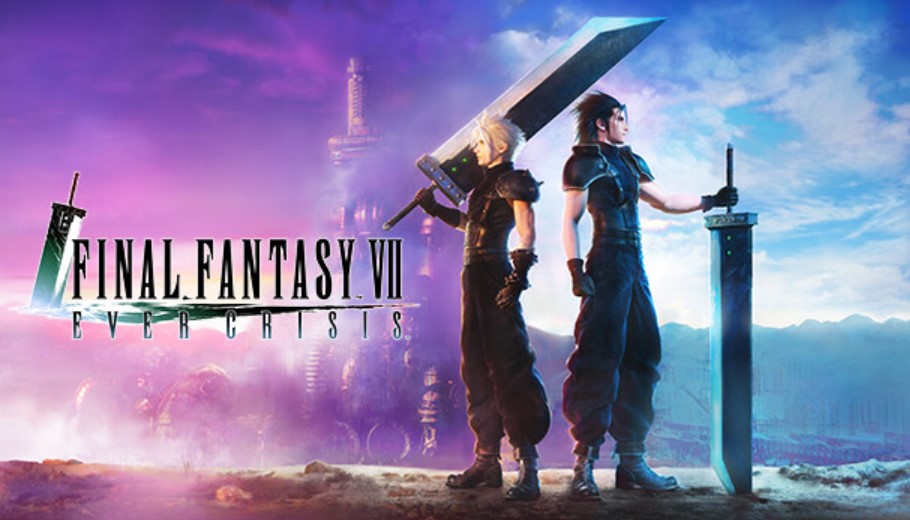
Introduction: In 1997, Square Enix released Final Fantasy VII, a role-playing game that would redefine the genre for years to come. Directed by Yoshinori Kitase and produced by Hironobu Sakaguchi, Final Fantasy VII transported players to the dystopian world of Midgar, where they would embark on an epic journey to save the planet from destruction.
Gameplay and Impact: Final Fantasy VII captivated players with its rich storytelling, memorable characters, and groundbreaking graphics. The game’s immersive world-building and emotional narrative set new standards for storytelling in gaming, earning critical acclaim and commercial success. According to Square Enix, Final Fantasy VII has sold over 12 million copies worldwide, making it one of the best-selling entries in the franchise.
Legacy: Final Fantasy VII’s impact on the RPG genre is undeniable. The game’s complex characters and intricate plotlines have inspired generations of gamers and storytellers alike. Its influence can be seen in countless RPGs, which continue to draw inspiration from its themes and mechanics. With a highly anticipated remake released in 2020, Final Fantasy VII remains as relevant and beloved as ever, proving that timeless storytelling knows no bounds.
Metal Gear Solid (1998): Stealth Action at Its Finest

Introduction: In 1998, Hideo Kojima unleashed Metal Gear Solid upon the gaming world, forever changing the landscape of stealth-action games. Developed by Konami Computer Entertainment Japan, Metal Gear Solid introduced players to the silent protagonist Solid Snake and the shadowy world of covert operations.
Gameplay and Impact: Metal Gear Solid captivated players with its intricate plot, cinematic presentation, and tactical gameplay. The game’s blend of stealth, action, and espionage set new standards for the genre, earning critical acclaim and commercial success. According to Konami, Metal Gear Solid has sold over 7 million copies worldwide, making it one of the best-selling titles on the original PlayStation console.
Legacy: Metal Gear Solid’s influence on the gaming industry cannot be overstated. The game popularized the stealth-action genre and inspired countless sequels, spin-offs, and imitators. Its cinematic storytelling and complex characters have left a lasting impression on gamers around the world, cementing its status as a true classic of the medium.
Half-Life (1998): Immersing Players in a World of Mystery

Introduction: In 1998, Valve Corporation released Half-Life, a first-person shooter that would redefine the genre for years to come. Developed by Valve co-founder Gabe Newell and designer Marc Laidlaw, Half-Life transported players to the mysterious Black Mesa Research Facility, where they would uncover secrets beyond imagination.
Gameplay and Impact: Half-Life captivated players with its gripping storytelling, immersive atmosphere, and innovative gameplay mechanics. The game’s use of scripted events and environmental storytelling set new standards for narrative-driven shooters, earning critical acclaim and a dedicated fan base. According to Valve, Half-Life has sold over 10 million copies worldwide, making it one of the best-selling PC games of all time.
Legacy: Half-Life’s impact on the gaming industry is immeasurable. The game’s innovative approach to storytelling and level design has influenced countless first-person shooters, including modern classics like BioShock and Portal. Its legacy continues to live on through fan-made mods and remasters, with a highly anticipated sequel released in 2020. Half-Life remains a shining example of the power of immersive storytelling in gaming, inspiring future generations of developers to push the boundaries of the medium.
Pokémon Red and Blue (1996): Capturing the Hearts of Trainers Everywhere
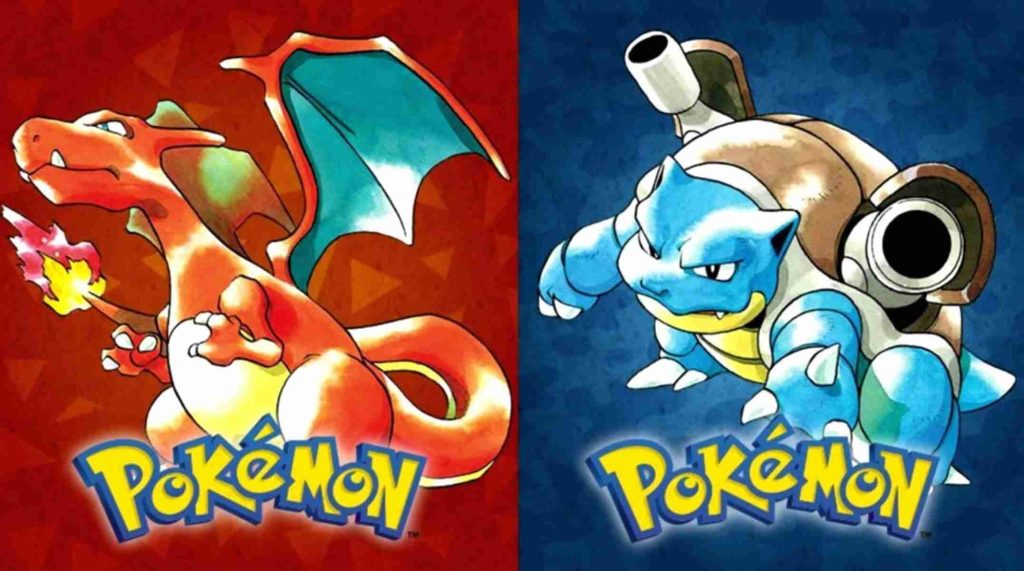
Introduction: In 1996, Game Freak introduced players to the magical world of Pokémon with the release of Pokémon Red and Blue. Directed by Satoshi Tajiri and developed for the Game Boy handheld console, Pokémon Red and Blue invited players to embark on a journey to become the greatest Pokémon Trainer of all time.
Gameplay and Impact: Pokémon Red and Blue captivated players with their addictive gameplay, charming characters, and deep strategy. The game’s core mechanics of capturing, training, and battling Pokémon struck a chord with players of all ages, leading to widespread popularity and commercial success. According to Nintendo, Pokémon Red and Blue have sold over 31 million copies worldwide, making them some of the best-selling games in the franchise.
Legacy: Pokémon Red and Blue’s impact on pop culture cannot be overstated. The franchise has expanded to include video games, trading cards, an animated series, movies, and more, becoming a global phenomenon in the process. The games’ enduring popularity has spawned numerous sequels and spin-offs, each building upon the foundation laid by the original titles. With a dedicated fan base and continued support from Nintendo, Pokémon remains as relevant and beloved as ever, proving that the bond between Trainer and Pokémon is truly timeless.
Minecraft (2011): Building Blocks of Creativity and Adventure
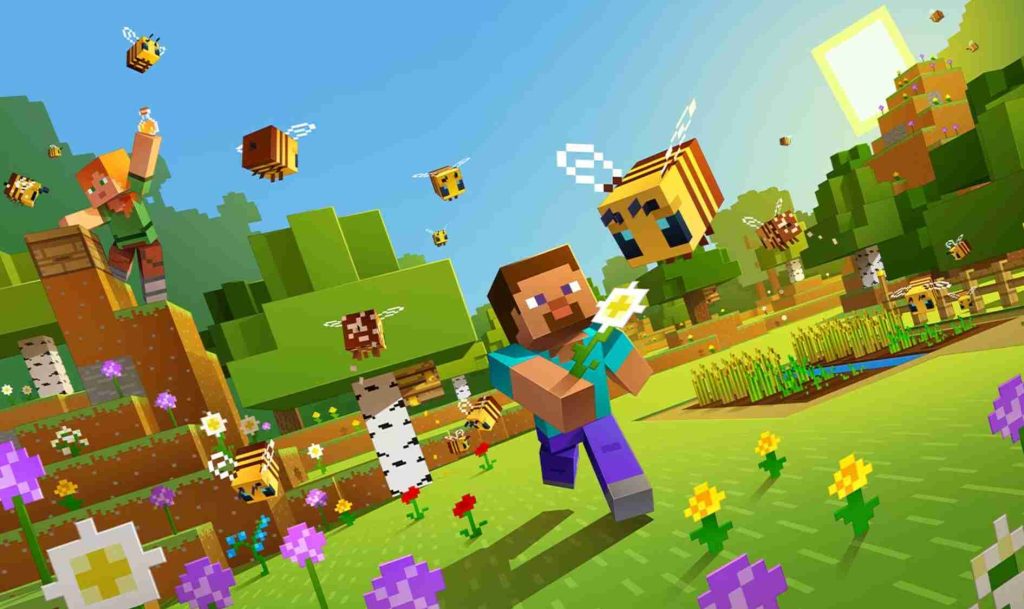
Introduction: In 2011, Swedish developer Markus Persson, also known as Notch, released Minecraft, a sandbox game that would revolutionize the gaming industry. Combining elements of exploration, crafting, and survival, Minecraft invited players to unleash their creativity and build anything they could imagine.
Gameplay and Impact: Minecraft captivated players with its limitless possibilities and open-ended gameplay. The game’s procedurally generated worlds and simple block-based graphics belied its depth and complexity, offering players a blank canvas to express themselves and embark on epic adventures. According to Microsoft, which acquired Mojang, the studio behind Minecraft, in 2014, the game has sold over 200 million copies across all platforms, making it one of the best-selling video games of all time.
Legacy: Minecraft’s impact on the gaming industry is unparalleled. The game has inspired a generation of players and creators, leading to the emergence of a vibrant community of builders, modders, and content creators. Its influence can be seen in countless imitators and spin-offs, as well as in the broader cultural landscape, where Minecraft has been used as an educational tool and a platform for creative expression. With continued updates and support from Mojang, Minecraft remains as popular and influential as ever, proving that the power of imagination knows no bounds.
Conclusion: Celebrating the Enduring Magic of Classic Games
As we reflect on the timeless classics that have shaped the gaming industry, it’s clear that their influence extends far beyond mere nostalgia. From the simple pleasures of Pac-Man to the epic adventures of The Legend of Zelda, these games have left an indelible mark on the medium, inspiring generations of players and creators alike. While modern gaming continues to push the boundaries of technology and innovation, let us never forget the enduring magic of these unforgettable classics. Whether you’re a seasoned gamer or a newcomer to the world of gaming, there’s something truly special about experiencing the timeless charm of a classic game. So, as we embrace the future of gaming, let’s take a moment to pay tribute to the games that started it all and celebrate their lasting legacy.
